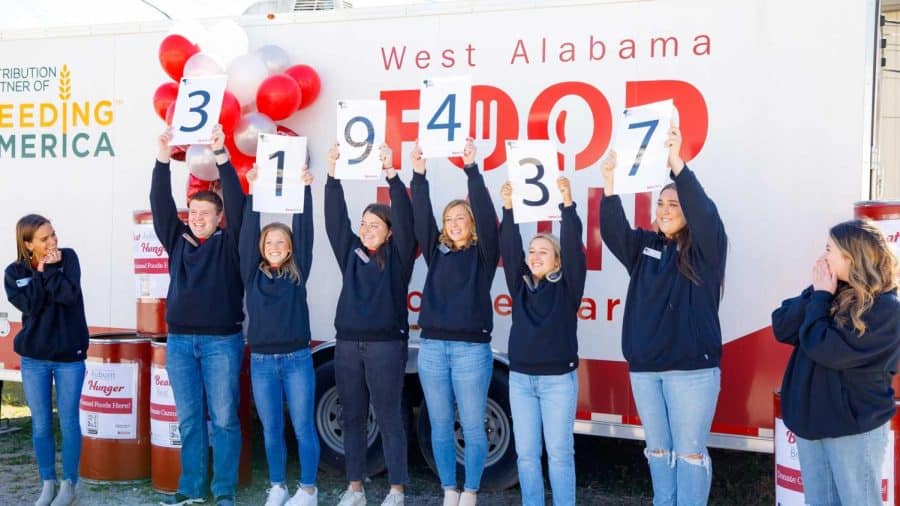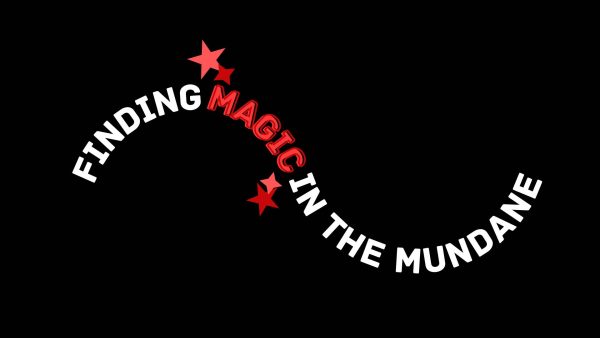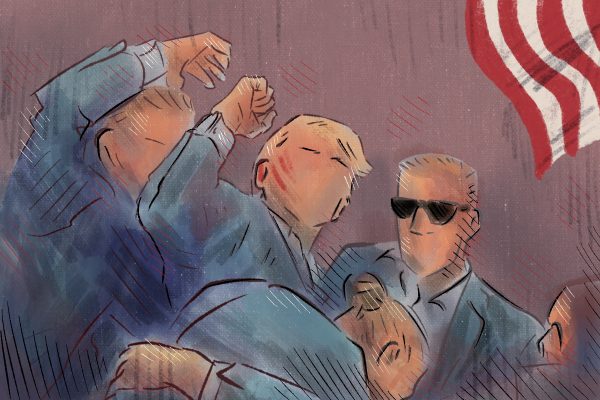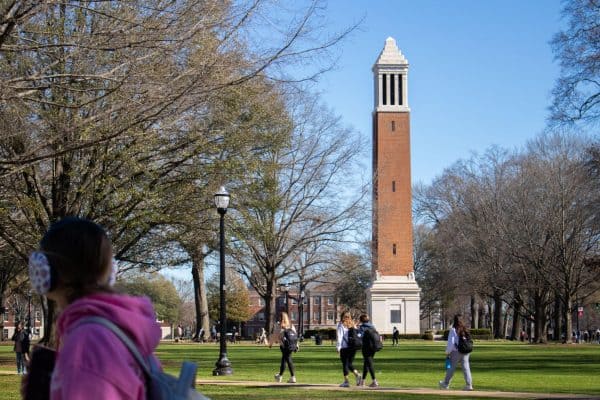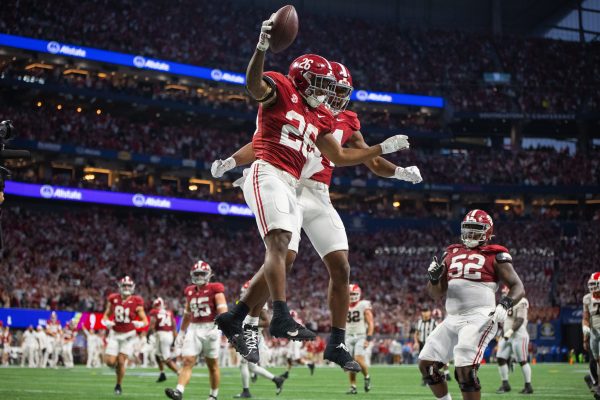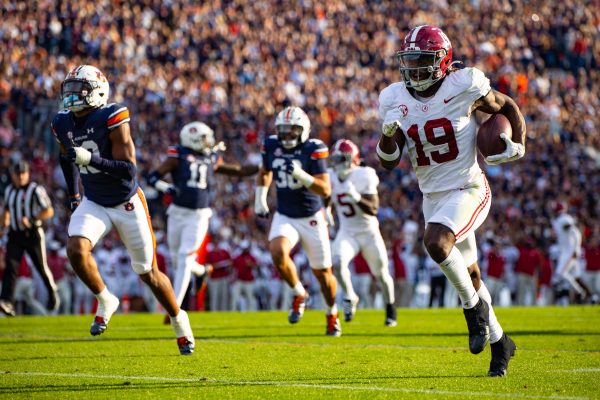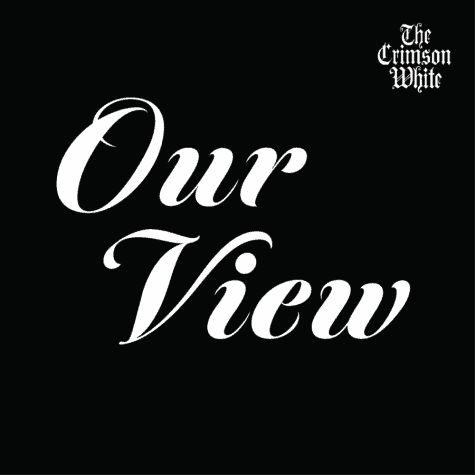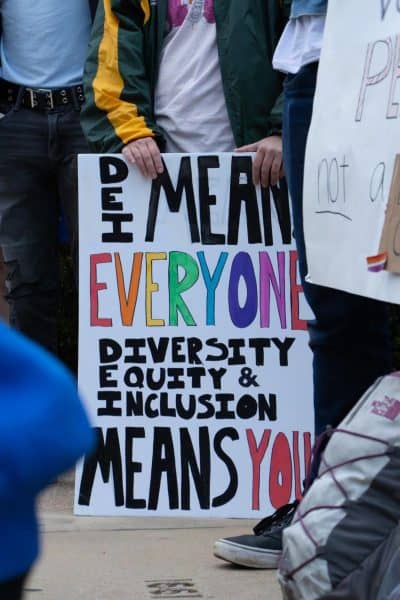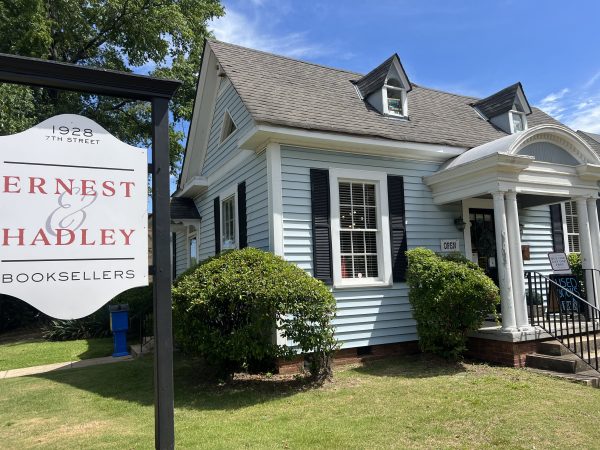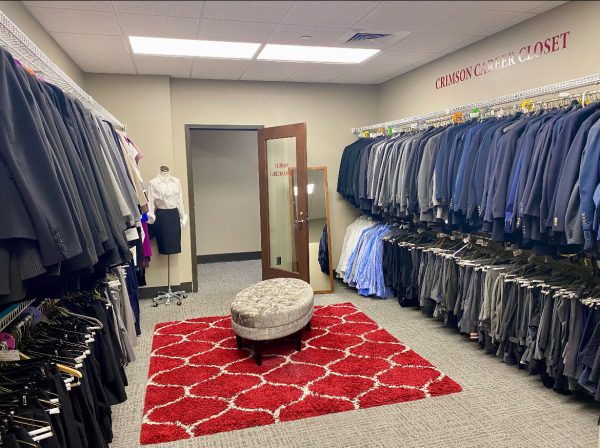Opinion | Our Auburn rivalry fuels action outside the stadium
November 28, 2021
As we celebrate another victorious Iron Bowl, discussion around The University of Alabama’s undying rivalry with Auburn University is obviously buzzing. But no matter how much we love to hate Auburn, it is important to recognize how beneficial this rivalry has been for the greater Alabama community. There is no better example of this than the annual Beat Auburn Beat Hunger event.
In 1994, the UA Center for Service and Leadership and the West Alabama Food Bank created BABH. The initiative challenges UA students to raise more food and donations than Auburn and their Beat Bama Food Drive program, which works with the Food Bank of East Alabama. By embracing the competitive spirits of the two universities, the programs have raised over 7 million pounds of food for those in need.
This year’s food drive was particularly successful as BABH raised 319,437 pounds of food — the most it has ever raised in a single drive. Although the University lost to Auburn’s drive, which raised an astounding 352,437 pounds of food, there are really no losers.
Initiatives like Beat Auburn Beat Hunger highlight the power of our Capstone community and our ability to effect positive change in the communities that do so much to support us. BABH also demonstrates how the Capstone’s competitive spirit does not exist solely in Bryant-Denny Stadium; it is an integral part of our campus culture, and it is something that we can use for good.
When our university’s competitive spirit is applied on campus specifically, we can also excel in volunteering, research and academics. We see that happening in real time. The University is quickly becoming one of the leading schools in the number of enrolled National Merit Scholars, and our commitment to success doesn’t stop there. Members of our community continue to demonstrate excellence, like UA senior Nicholas Hayes, who recently received a Rhodes Scholarship.
With regard to Beat Auburn Beat Hunger, the program would likely benefit from even more competition. The University could promote the event as a challenge to see which college can raise the greatest amount of proceeds, or it could make it a competition between campus organizations.
Even with all of this discussion of competition in mind, we must recognize that working together with others is what makes BABH such a success. I hate to admit it as much as any Tide fan, but Auburn is just as important to this initiative as The University of Alabama. We should all keep that in mind as we live, work and learn at the Capstone.

